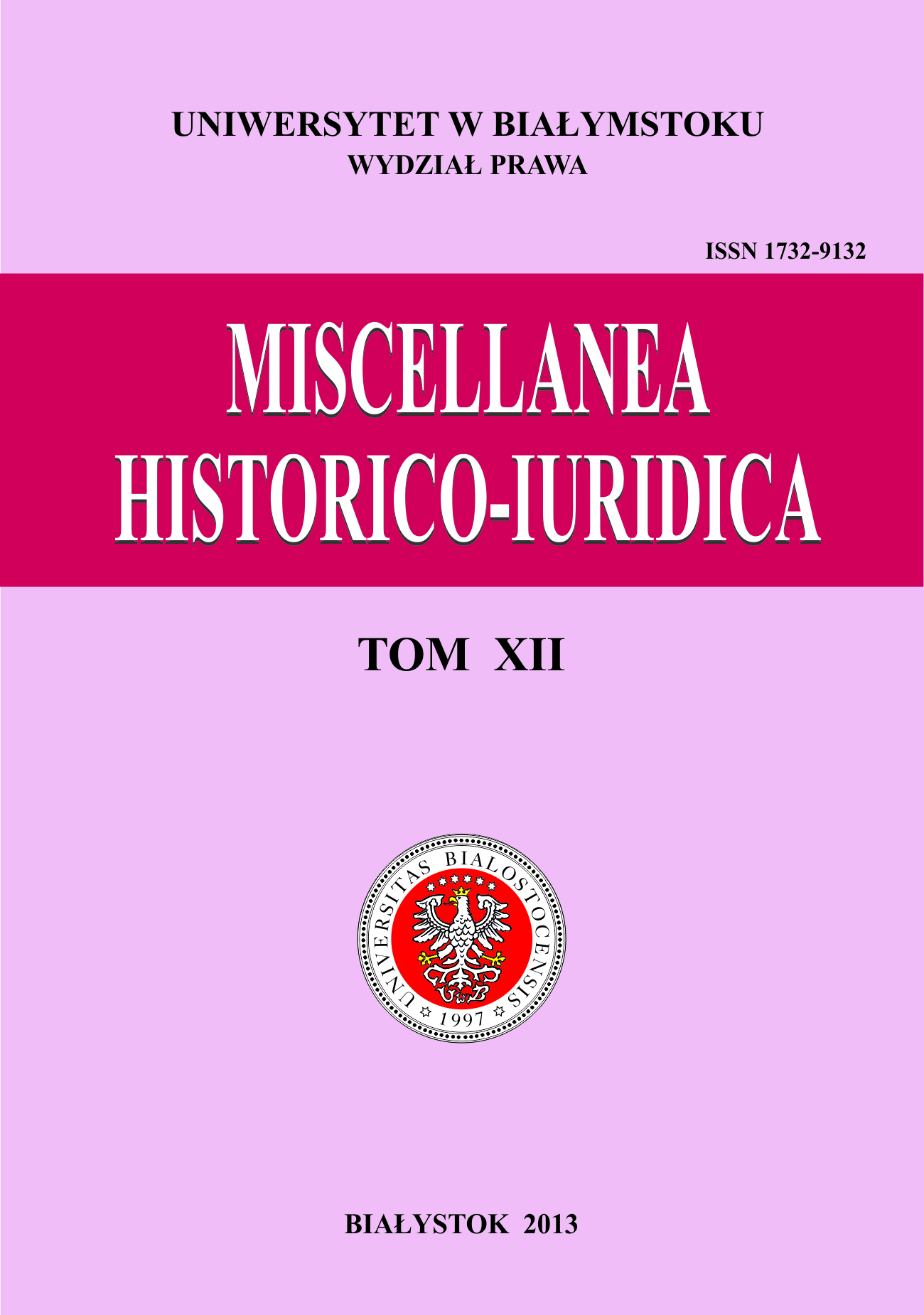The Rebus sic stantibus Clause in the Law of Treaties from a Historical Perspective
Keywords:
treaty, clause of rebus sic stantibus, fundamental change of circumstances, the termination of treaty.Abstract
The clause of rebus sic stantibus is a principle in customary international law providing that where there has been a fundamental change of circumstances since an agreement was concluded, a party to that agreement may withdraw from or terminate it. It is justi- fied by the fact that some treaties may remain in force for long periods of time, during which fundamental changes might have occurred. Such changes might encourage one of the parties to adopt drastic measures in the face of general refusal to accept an al- teration in the terms of the treaty. However, this doctrine has been criticized on the grounds that, having regard to the absence of any system for compulsory jurisdiction in the international law, it could operate as a discrupting influence upon the binding force of obligations undertaken by states. It might be used to justify withdrawal from treaties on rather tenuous grounds. The modern approach is to admit the existence of the doctrine, but severely re- strict its scope. The International Court in the Fisheries Jurisdiction case declared that: “[i]nternational law admits that a fundamental change in the circumstances which de- termined the parties to accept a treaty, if it has resulted in a radical transformation of the extent of the obligations imposed by it, may, under certain conditions, afford the party affected a ground for invoking the termination or suspension of the treaty”. Before the doctrine may be applied, the Court continued, it is necessary that such changes “must have increased the burden of the obligations to be executed to the extent of rendering the performance something essentially different from the originally under- taken”. The doctrine of rebus sic stantibus was examined in the Gabčikovo-Nagymaros Project case too, where the International Court concluded that: “The changed circumstances advanced by Hungary are, in the Court’s View, not of such a nature, either individually or collectively, that their effect what radically transform the extent of the obligations still to be performed in order to accomplish the Project. A fundamental change of circumstances must have been unforeseen; the existence of the circumstances at the time of the Treaty’s conclusion must have constituted an essential basis of the consent of the parties to be bound by the Treaty. The negative and conditional wording of article 62 of the Vienna Convention on the Law of Treaties is a clear indication moreover that the stability of treaty relations requires that the plea of fundamental change of circumstances should be applied only in exceptional cases”.







